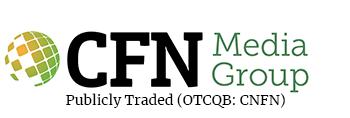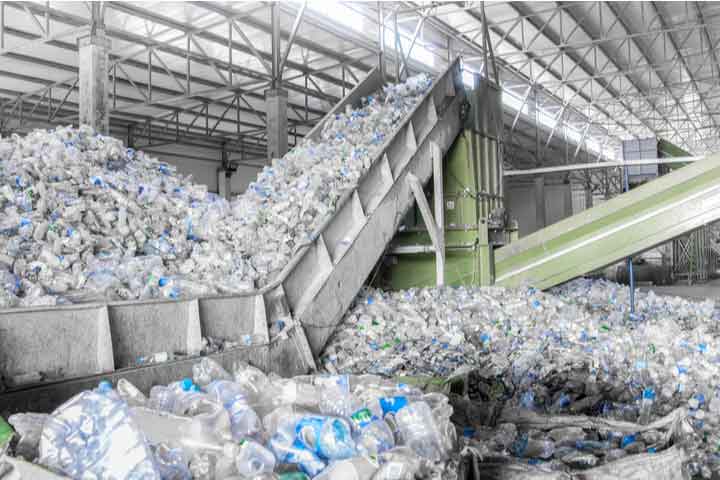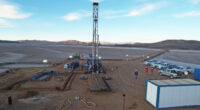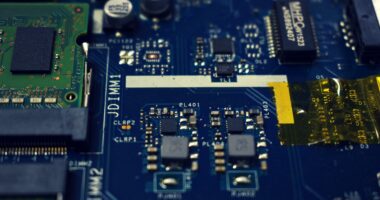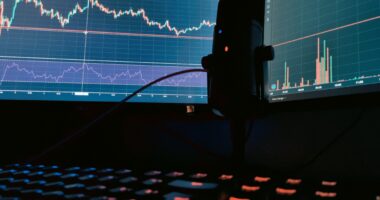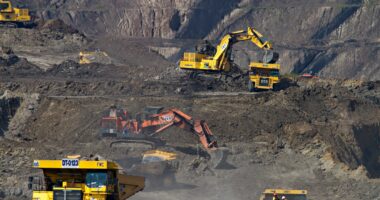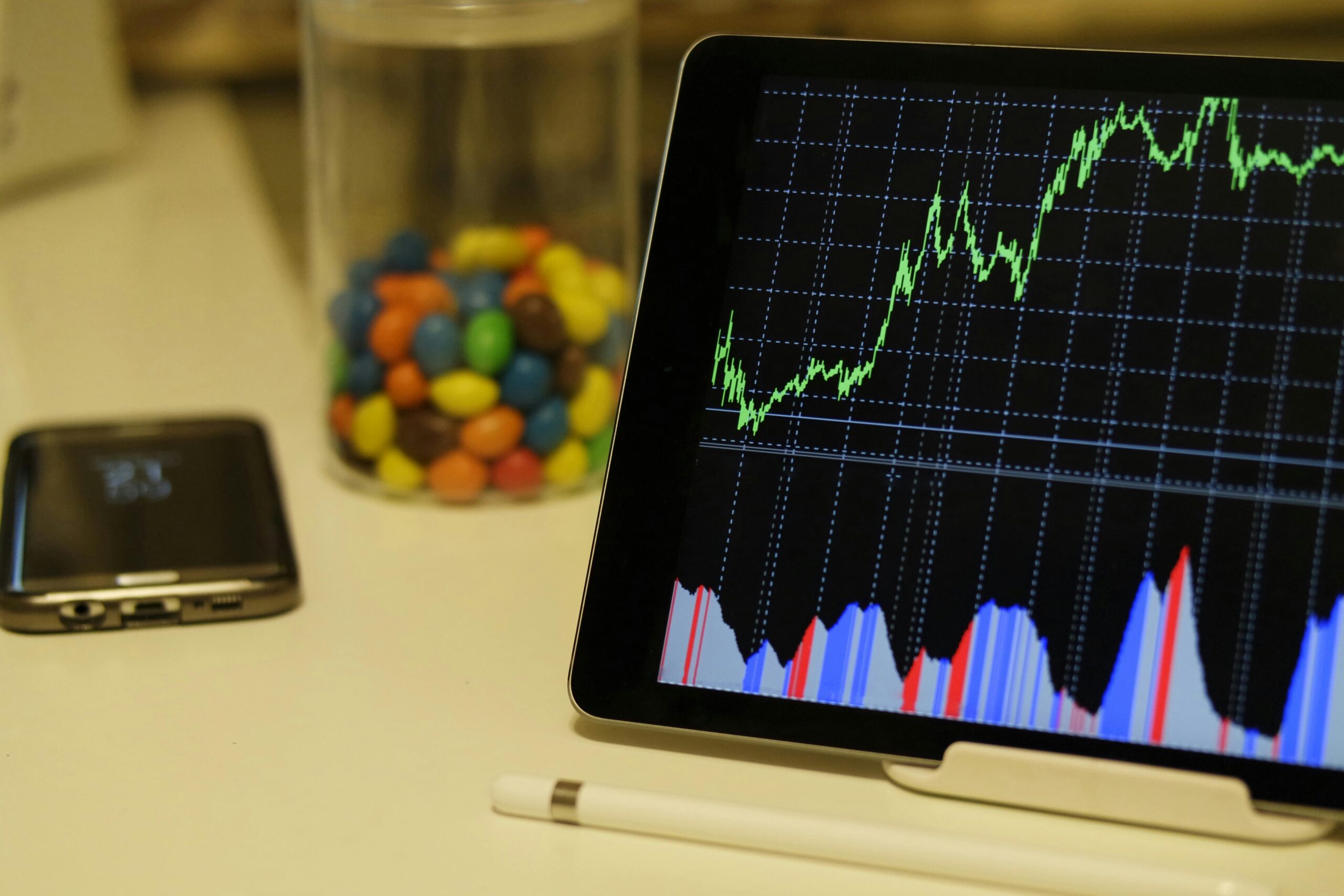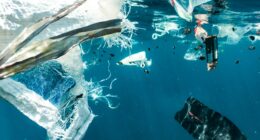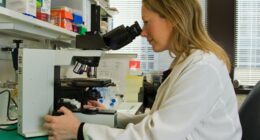Advanced recycling, sometimes called chemical recycling, is a catch-all term for technologies capable of recycling plastics that the current mechanical recycling processes can’t handle. Something needs to be done to address the massive global plastic waste problem, and expanding the types of plastic that can be recycled is certainly a good place to start. Only 10% of the approximately 400 million tonnes of plastic waste produced annually is currently recycled, leaving 360 million tonnes of opportunity currently being dumped in our landfills, littering our environment, or polluting the air due to incineration.
Advanced recycling technologies offer great promise but have yet to be able to implement in the real world. Reuters took a look at 30 projects around the world and found failure after failure. It’s a litany of broken promises to this point, but the need is great, and the quest continues. Most of the projects examined by Reuters use pyrolysis as the catalyst for the recycling process. Pyrolysis involves the application of intense heat to break down plastic into its molecular components. Pyrolysis projects have been proposed and scrapped over the past 20 years due to technical and commercial limitations. Regardless, companies keep trying to make it viable.
A little company in Canada, still in the pre-commercial stage but garnering a lot of interest from potential customers, is changing the status quo with a whole new approach to the problem. After years of technical and scientific development behind the scenes, Aduro Clean Technologies Inc. (CSE: ACT) (OTCQX: ACTHF) (FSE: 9D50) is introducing its Hydrochemolytic™ technology (HCT™) to the market. HCT is a water-based chemical process that converts various plastics into reusable products.
The HCT Solution
HCT offers significant advantages over both traditional mechanical recycling and pyrolysis.
- The HCT technology filters out problematic resins and contaminants that hinder current approaches.
- HCT can process polypropylene, polyethylene, and polystyrene, making up 70% of municipal plastic waste.
- HCT produces a very high yield of valuable liquids from plastic, which can be used to create new plastics and various other chemical products.
- The technology’s modular design is adaptable to applications of almost any size, from small remote locations to large municipalities and chemical plants.
It operates at a lower temperature than pyrolysis, which means it uses less energy to operate. It also requires much less sorting/cleaning than anything currently on the market. And HCT’s scalability may be a key feature if it is to succeed. Many of the recent failed projects involved very large facilities that were costly to build and run and required a high volume to be economically viable.
Aduro’s approach allows for much smaller scale projects that can be adapted to all sizes of communities and businesses, allowing the company to prove and improve its processes without having to build a huge facility. Aduro’s business model involves licensing its technology to customers who will invest in the construction themselves.
Aduro sees other recycling operators and technologies as complementary rather than exclusive or competitive. HCT can work alongside and in conjunction with other recycling approaches to maximize effectiveness and process a broader range of plastics.
The Value
Aduro’s market cap is currently about $69 million. The company is pre-revenue and anticipates building a commercial-scale pilot facility in the next year. But Aduro is already engaged with global petrochemical companies, demonstrating capabilities, testing feedstocks, and tuning the HCT system to make various end products. The rubber is meeting the road this year for Aduro, and opportunity abounds.
To give you an idea of the potential, let’s look at PureCycle Technologies. PCT is one of the biggest names in the advanced recycling industry. The company is also pre-revenue but is a step ahead of Aduro as it has a production facility already built. In Ironton, Ohio, that factory has had its share of issues and even shut down for a while this fall. But it is back up and running now. PureCycle’s technology handles only polypropylene, compared to Aduro’s, which can process polypropylene, polystyrene, and polyethylene.
Despite a bit of a rocky start, and its focus on one type of plastic, PureCycle is valued at about $530 million without any revenue additionally, PureCycle has c. $500 million in debt resulting in an Enterprise value of over $1 billion. If Aduro can prove its more diverse, efficient, and cost-effective technology, its valuation will have a lot of headroom. Investors looking for growth opportunities may consider Aduro Clean Technologies as it advances further down the road to full commercialization.
